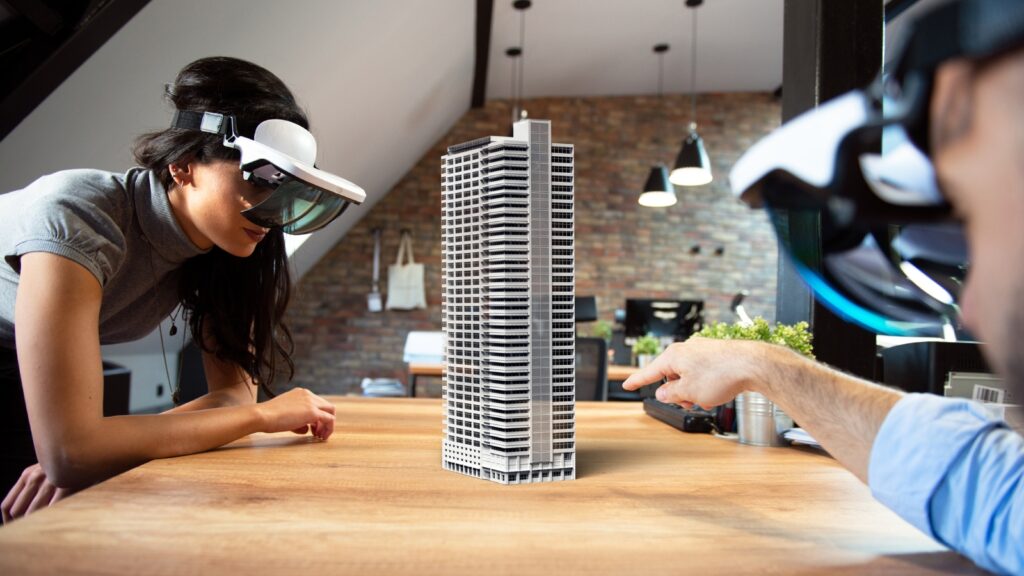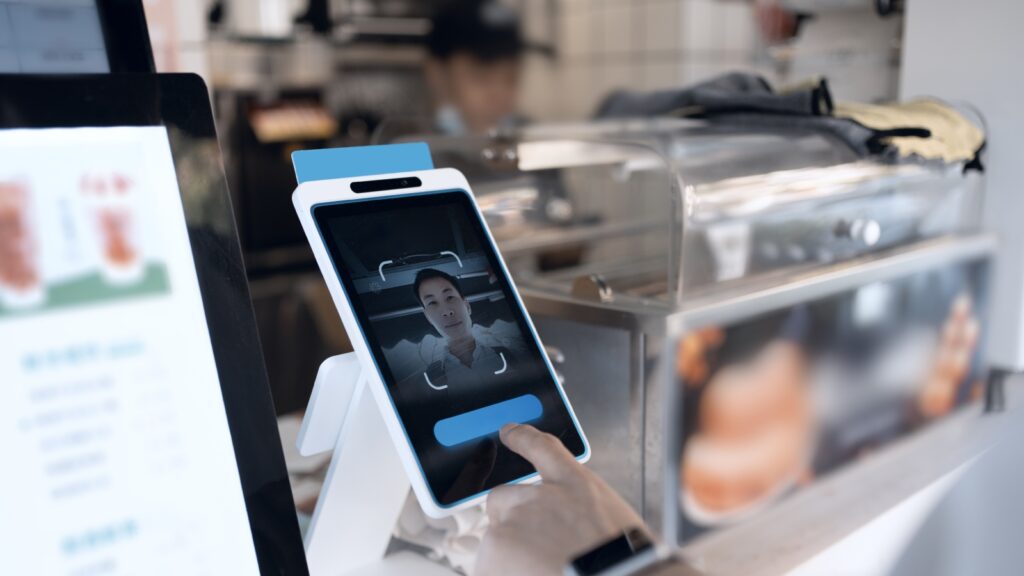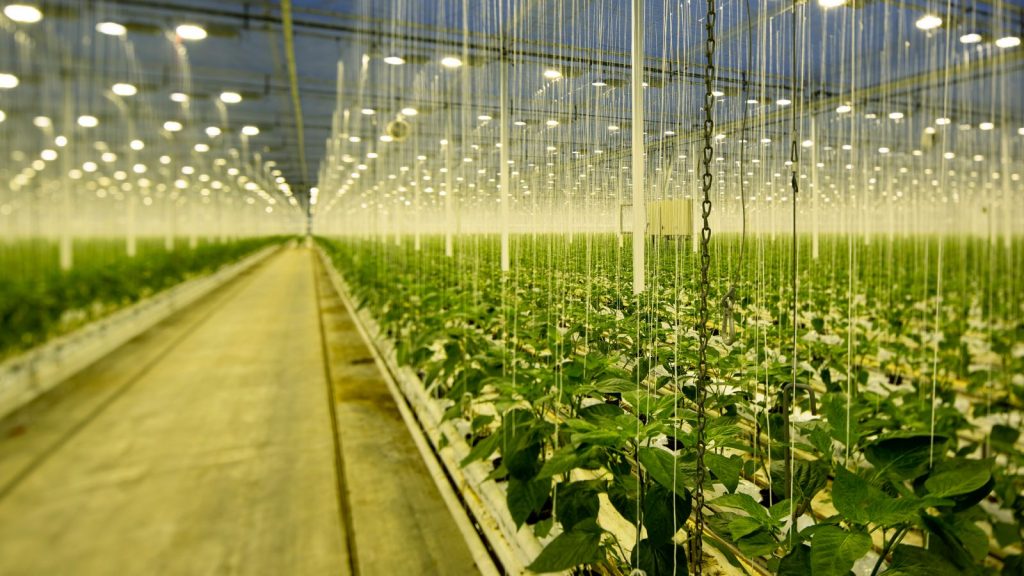
Retailers need strong controls in these hard times
Retailers rapidly responded to the pandemic by digitally transforming and need to make sure internal control environments have evolved at the same pace.
Retailers are facing steep energy prices, supply chain issues and rising inflation, alongside the three significant events that have turned the world on its head: Brexit, the pandemic and now the Russian war against Ukraine. These significant challenges and events require retailers to re-think their processes and strategies on how they do business.
Retailers could be forgiven for thinking that things were looking up again. After a rocky two years, January saw sales improve and retail seemed to be making a comeback as the pandemic pressures eased. But the cost-of-living crisis and war in Ukraine has rocked consumer confidence and cast a shadow over the sector.
With new uncertainties mounting, organisations need to continually review their strategies once again. This follows the massive transformation to business processes and practices made to cope with the impact of the pandemic.
Experience shows us that emerging risks need to be discussed and brought into the boardroom on an ongoing basis. This is no longer a formal annual exercise – it requires constant horizon scanning. The retail industry has responded quickly, and now is the right time for organisations to make sure they have designed and embedded effective internal controls in their new processes to ensure resilience and efficiency whilst mitigating future risks to their strategies.
Ultimately, having an effective internal control environment leads to fewer surprises (early warning systems), better decisions and enhanced trust and confidence for investors and stakeholders. The stronger controls are designed and embedded, the easier it is to shift focus to new risk areas. A well-controlled business allows for focus on strategy, achieving goals and increasing profitability.
This is an excerpt. Continue reading on mazars.co.uk.


How technology is transforming the retail landscape
Discussions on how Artificial Intelligence (AI) will impact the retail sector is rampant, but that is not the only tool retailers are looking at to improve their customer experience. Augmented Reality (AR) is slowly becoming more popular within the retail sector with an increasing number of brands looking at what benefits it could bring whilst […]

How can technology be used to support a sustainable supply-chains in the Consumer sector?
Technology based solutions to supplier engagement offer a range of capabilities that support consumer businesses in addressing sustainability challenges in their supply chain, by promoting transparency, accountability, and collaboration. Our recent C-suite barometer 2024 report revealed that reviewing supply chains, operations and processes is top of the agenda for global C-suite executives. In addition, human rights have […]

The resale revolution: unlocking sustainable luxury through technological innovation
In the ever-evolving landscape of luxury consumption, the concept of resale has emerged supreme, reshaping traditional notions of exclusivity, accessibility, and sustainability. From vintage treasures to contemporary fashion staples, the resale market has captured the imagination of consumers worldwide, offering a new avenue for acquiring coveted goods. We spoke to Marie Driscoll, Adjunct Professor, The […]

Converging sustainability and digitalisation in China’s evolving consumer market
The junction of sustainability and digitalisation in China’s dynamic market presents both challenges and opportunities. Julie Laulusa, Member of Mazars’ Group Executive Board and Managing Partner for Mainland China, guides us through the paradoxes that are redefining consumer behaviour, and points towards a future where digital advancement harmonises with sustainable practices. “Brands should adapt to […]

A tech-tonic shift: the sustainable makeover in retail and consumer goods
The consumer sector has undergone significant digital transformation in recent years, with the exponential rise in online retail. This revolution now comprises ESG, with companies striving to accelerate sustainable practice through the optimisation of digital tools. As detailed in our ‘Sustainable, smart and synchronised: using technology to accelerate the ESG transition’ report, both digital and […]

Climbing the value chain: building brand sustainability through smart collaboration
The learnings from consumer collaborations demonstrating best practice to get ahead, collectively, to build a more sustainable brand, purpose and growth plans. We’ve seen some record breaking and first of their kind collaborations in the last 12-18 months. From Gucci and The North face to Rhode and Krispy Kreme, these have propelled new and established […]

Rate of transformation impacting the mid-market future workforce
The relentless pace of transformation in the consumer sector has created skills gaps and is impacting decisions on hiring new talent or investments in upskilling. Both new and emerging technologies and change in values across generations have shifted the work landscape. This presents new challenges for mid-market consumer businesses especially. Skills gaps are now developing […]

A balancing act: risk and opportunity with ESG transformation
With the legal landscape tightening environmental, social and governance (ESG) requirements across various territories, mid-market consumer businesses are at a crossroads. How do they meet the ESG challenge and grasp the opportunity on offer, but without putting their existing business model at risk. For businesses in the sector, having a robust risk management process in […]

More than just packaging: sustainability in the food and beverage sector
For many food and beverage companies the drive towards improved environmental, social and governance (ESG) performance is a challenge driven by consumer demand. As detailed in our ‘Sustainable, smart and synchronised: using technology to accelerate the ESG transition’ report, there is often a conflict at play in what the conscious consumer wants and needs. On […]

Data transformation: the role of consumer business leaders
As detailed in our ‘Sustainable, smart and synchronised: using technology to accelerate the ESG transition’ report, the impact of environmental, social and governance (ESG) on the consumer sector brings new strategic choices. That’s particularly true for mid-market businesses, who often sit in the middle of a supply chain and are at the mercy of pressure […]

Getting the balance right: how technology and sustainability complement each other
Business models across the consumer sector have shifted, as companies adapt to a new, multi-channel world, rather than simply putting physical products on store shelves. Shoppers’ conflicting demands – as both consumers and citizens – are creating new and sometimes contrary pressures on the sector. As consumers, shoppers expect personalised, algorithm-driven recommendations and one-click purchasing, […]

Stakeholder engagement: a priority for the mid-market consumer industry
The adage ‘the customer is always right’ is a staple of the consumer sector – and with good reason. Consumer demands are constantly shifting and, with it, so are their behaviours, aspirations and desires, all of which affect the triple bottom line. Sustainable transformation continues to be a growing trend in the sector: according to […]

From sideshow to main event: getting sustainability right in the consumer sector
This year’s COP28 event – the United Nations’ annual climate change conference – will include the first global stocktake, an analysis that will offer a comprehensive assessment of the progress being made against climate change since the adoption of the Paris Agreement. It will be a pivotal moment, offering the world an initial benchmark of […]

The challenges and opportunities of ESG transformation for your consumer business
In the coming years, the economy is expected be strongly affected by the resource scarcity and climate change, which will require companies to fundamentally reshape their business model to enable a considered approach to different environmental and societal challenges. In turn, employees, regulators, and financial investors are pushing privately owned businesses in the consumer sector […]

Embracing transformation in the consumer mid-market
The consumer sector is in the midst of international transformation. Global trends and macroeconomic pressures including inflation, geopolitical conflict, regulatory change and a spike in e-commerce driven by the pandemic have all accelerated the pace of change. To ride out these challenges, many companies have shifted to new business models, sales channels and ways of […]

How consumer firms meet the new ESG and technology challenges
Consumer companies are currently facing a triple challenge: meeting parallel but contradictory customer demands, prioritising sustainability at the forefront of a commercial business, and staying in the top tier of innovation. Isabelle Massa, Partner & Global Head of Consumer sector, Mazars, guides us through the paradoxes and offers practical solutions for success. For the last […]

A digital fashion survival kit
While boomers and millennials are scratching their heads trying to understand the concept and value of digital fashion, Gen Z and Alpha consumers not only understand but are happy to allocate a growing share of their wallets to digital fashion items. Partly to personalise their social media and gaming habits and partially to satisfy what […]

How to navigate the B2B e-commerce journey
E-commerce has risen across the business-to-business (B2B) landscape over the past two years at a record pace due to the paradigm shift that Covid-19 disruptions have brought. But how does a company that sells exclusively to other businesses capitalise on this growth in e-commerce and manage the multiple touchpoints before products arrive at their destination? […]

Can the US food & beverage sector risk not reporting on sustainability issues?
While US sustainability reporting regulations are less mature than Europe, there is recognition in the US that sustainability needs to be considered more comprehensively than simply a compliance or quality function. But for many privately owned businesses (POBs) in the food and beverage sector, what sustainability metrics to consider, how to efficiently report to address […]

How better supply chains can help retailers through tough times
Faced with high inflation and a cost-of-living-crisis, retailers are under significant pressure. What steps can supply chain leaders take to help their businesses stay profitable? It’s a difficult moment for businesses in almost every sector. High inflation, energy price rises and a predicted recession mean that many are focused on nothing more than getting through […]

How can you protect yourself from a cyber-attack? Think like a criminal
Not so long ago, Mazars tricked their way into the head office of a High Street retailer. Tailgating workers through two security doors, the team set up to work on vacant desks, as if they were employees, and spent the day collecting computer passwords and intellectual property, including materials relating to new services and products. […]

Roadmaps to customer excellence through e-commerce innovation
Most leaders are acutely aware that e-commerce plays an essential role in businesses today. Globally, the e-commerce market is projected to reach $6.17 trillion by 2023. But not all e-commerce initiatives are created equally, and often it is used as a buzzword, unattached to a well-thought-out strategy. So, how can businesses ensure they are on […]

Let’s talk consumers: a new blog navigating the complexities reshaping the consumer sector
Trends in the consumer sector are moving at a faster pace than ever. The shifting geopolitical landscape is influencing supply chain behaviours, and tough economic conditions following the pandemic are transforming consumer behaviour. Additionally, the ongoing trends of shrinking operating margins, compliance and regulatory pressures, alongside the speed of technological evolution, are adding to the […]

Trends in the Consumer sector
Matt Dalton, Partner, explores the need-to-know issues and latest trends in the consumer sector in a series of short and informative videos. Consumer sector insight – May 2022

5 ways Chinese consumers are shifting their priorities
For many, the pandemic has encouraged a period of reflection and Chinese consumers are no exception. In Q2 of 2021, we surveyed over 4,000 participants in Mainland China to uncover a shift in spending priorities. Here’s what we learned. China is home to the second largest consumer market in the world and is a key […]

Net-zero in the consumer sector: strategies and positive implications
Following the conclusion of COP26 in Glasgow, the focus on the UK’s commitment to achieving net-zero emissions by 2050 is taking centre stage. With the Government committing to significant reductions in emissions alongside rapid policy and regulatory change, businesses need to be abreast of these changes and what they could mean for their business. In […]

Luxury insiders on the sector makeover
Changing customer expectations, new technological capabilities and the quest for sustainability are the main forces shaping the future of the luxury sector, according to recent guests on a new Mazars podcast. ‘Let’s talk luxury’ is a podcast series featuring luxury business founders and sector experts sharing insight on how and why the commercial model is […]

Cyber security in the consumer sector
The security of digital technology is essential for a consumer sector business in order to protect its brand and support its financial sustainability. The pandemic has significantly disrupted this industry – including those producing packaged goods, food and beverages, clothing and electronics – forcing businesses to upscale and accelerate their digital transformation plans to remain […]

How brand partnerships are shaping the future of the luxury sector
The luxury sector is exploring new methods of collaboration to adapt to evolving market expectations. These brand partnerships are influencing and powering how the sector reaches new audiences, guarantees authenticity, and meets the growing demand for more sustainable products. The luxury sector is increasingly judged by new standards as customers expect high quality experiences and […]

C-Suite: retail and consumer insights
Mazars’ inaugural C-suite barometer captures the views of over 500 senior executives from around the world. Conducted in Q3 2020, with a pulse check in Q4, the survey found that, although most business leaders were positive about their growth prospects, there were some notable differences between leaders in different industry sectors. Here, Isabelle Massa and […]

Luxury businesses and sustainability: new customers, new concerns
Luxury brands need to invest in sustainability and implement more circular practices if they want to appeal to the customers driving their growth. Fashion houses that carry on doing what they have always done risk falling behind – according to our recent report on the future of the luxury business model. So, how do luxury […]

Why ESG initiatives matter for the food industry
Historically, Environmental, Social and Governance (ESG) factors have taken a back seat to financial performance in the corporate world. And in the interest of performance measurement, companies have often made short-term profit decisions at the expense of negative environmental and social impacts. Against this backdrop, good corporate citizenship does exist and always has. Many companies […]

How will data reshape last mile delivery?
The last mile of the delivery process is the most challenging, complicated, and competitive part of getting a package to the doorstep. To meet the challenges of rising delivery volumes, growing customer demand and calls for reduced emissions, logistics companies are experimenting with data, drones and new business models. The ‘last mile’ of logistics is […]

Brands, behaviours and backgrounds: understanding luxury customers in China
China is the world’s second largest luxury market, accounting for one third of global luxury consumption (and rising). To better understand customer tastes and trends there, Mazars has released a report and survey, Chinese luxury brand consumers that reveals what drives customers of different generations, genders and locations. Featuring more than 3,000 responses from four […]
